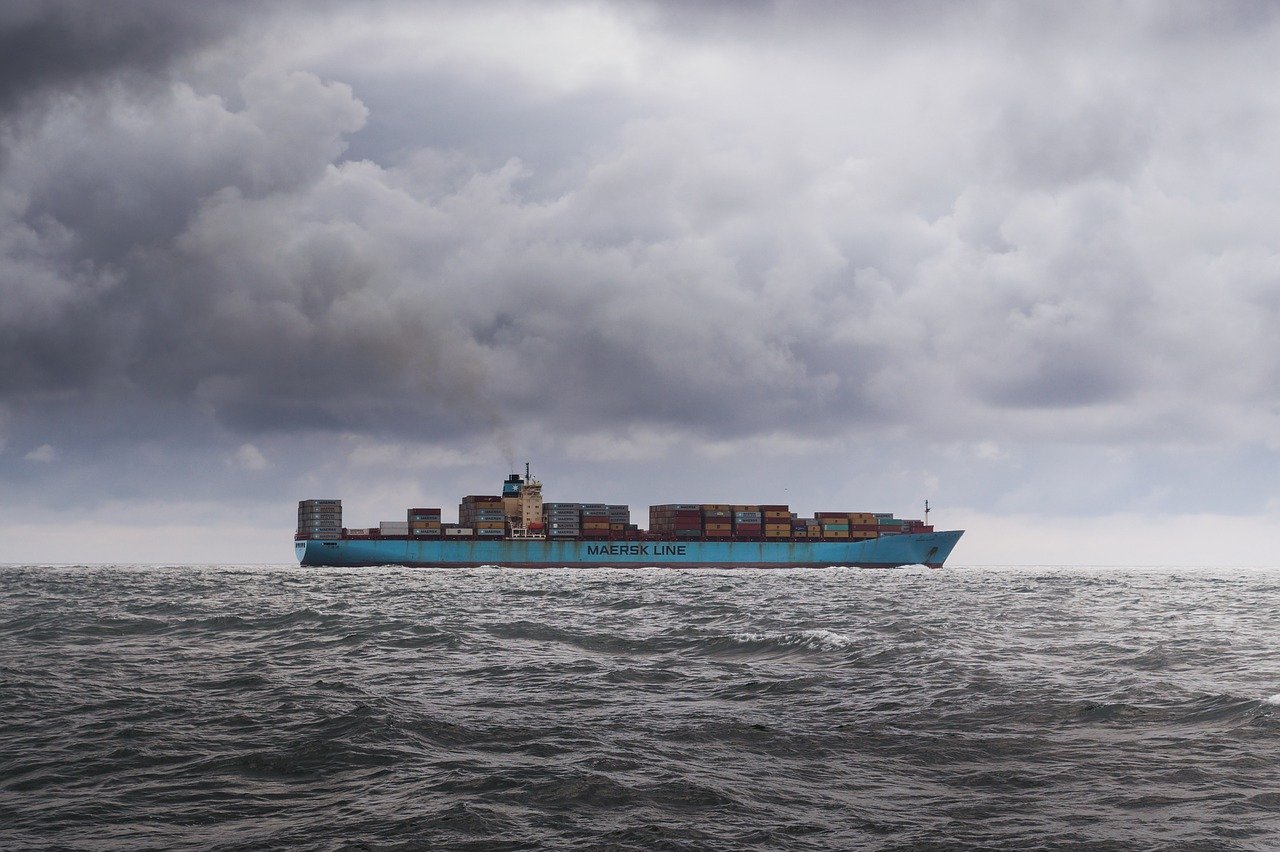The number of ships ordered in the past year has fallen by almost half compared to 2019 and is now at its lowest level in at least two decades. This follows from data of IHS Markit. According to the UK data supplier, uncertainty about the future of alternative fuels is the main explanation for the sharp downturn.
Failure to increase activity could lead to a shortage of vessels and a further increase in freight rates within a few years, warns IHS Market.
New tech still in its infancy
In 2018, the International Maritime Organization set itself the target of halving greenhouse gas emissions from shipping by 2050 compared to 2008 levels. This target can only be achieved by phasing out fuel oil as a fuel and switching to alternatives such as ammonia, hydrogen, bio-fuels and electrification. However, all these technologies are still in their infancy.
Also read: Tribute to the diesel engine, but with which types of marine fuels?
Shipping companies are reluctant to order new ships because the choice of one of those alternatives may turn out to be an expensive miscalculation if that alternative does not catch on. Most container shipping companies that have ordered new ships in recent months have made the “safe” choice of dual-fuel (fuel oil/LNG), which reduces greenhouse gas emissions by some twenty per cent. This generation of ships would need to be replaced by 2050.
Zero emission ships
Unlike the competition, Maersk is betting on the arrival of zero-emission ships. According to the company, ‘there is no time for so-called transitional fuels’. The world’s largest container carrier is therefore investigating, among other things, the possibilities of ammonia and alcohol as fuel. According to Maersk, the uncertainty surrounding ‘the fuel for the future’ is partly behind the decision not to invest in new ships for the time being.
Also read: One in seven new ships to sail on alternative fuel / Dutch shipbuilding order intake plummets by 45 per cent
This article first appeared in Dutch on Nieuwsblad Transport, a publication of SWZ|Maritime’s publishing partner Promedia.








